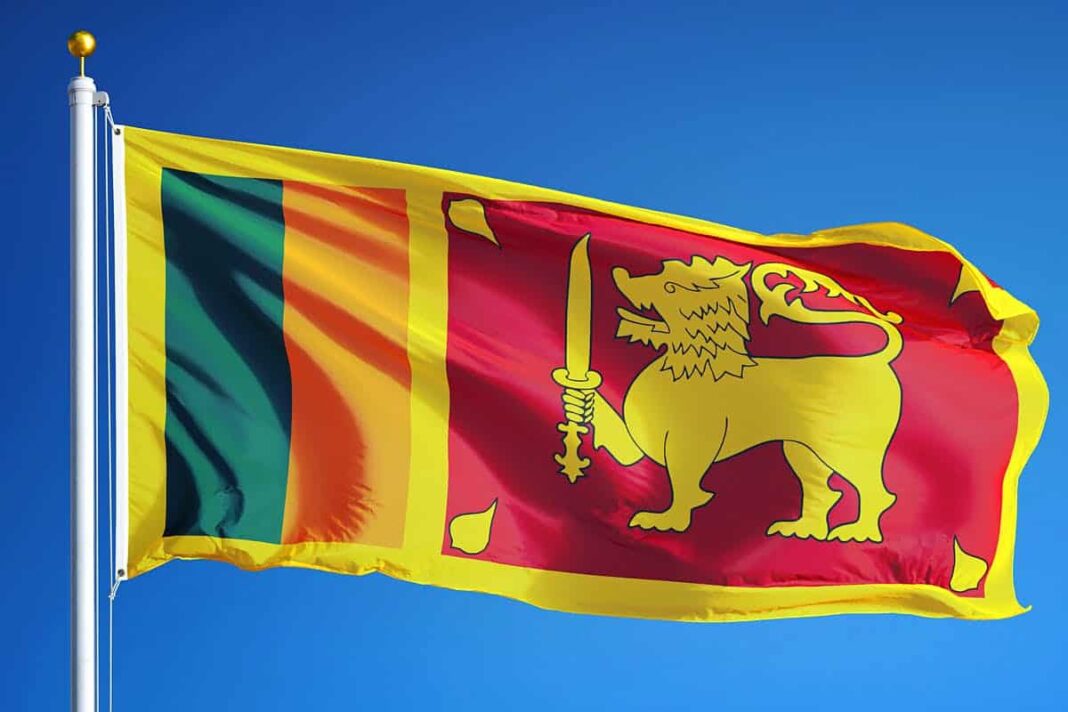
The island nation is facing its worst economic crisis since it won independence from the British in 1948, BBC reported.
There are fears that the government’s restructuring plan could lead to volatility in financial markets, the report said.
Debt restructuring can involve the extension of the period over which a loan is repaid.
“The government’s action to call an extended public holiday means it obviously saw the risk of bank runs,” Alex Holmes, a senior economist at Oxford Economics, told the BBC.
Local media also quoted analysts as saying that the holiday was announced to provide a suitable buffer for any potential market reactions to significant financial announcements, BBC reported.
Earlier this week, Sri Lanka President Ranil Wickremesinghe reassured the public that that the restructuring would “not lead to a collapse of the banking system”.
On Wednesday, Wickremesinghe’s office had said his cabinet has approved a restructuring proposal by the country’s central bank. The plan will be submitted to parliament for approval over the weekend.
“(The) government expects the entire process to conclude while the markets are closed during these five days,” Sri Lanka central bank chief Nandalal Weerasinghe said.
Weerasinghe added that “local depositors are assured of the safety of their deposits and interests will not be affected”.
The move to restructure domestic debt comes as the country is struggling to come out of its worst economic crisis.
–IANS
san/arm

